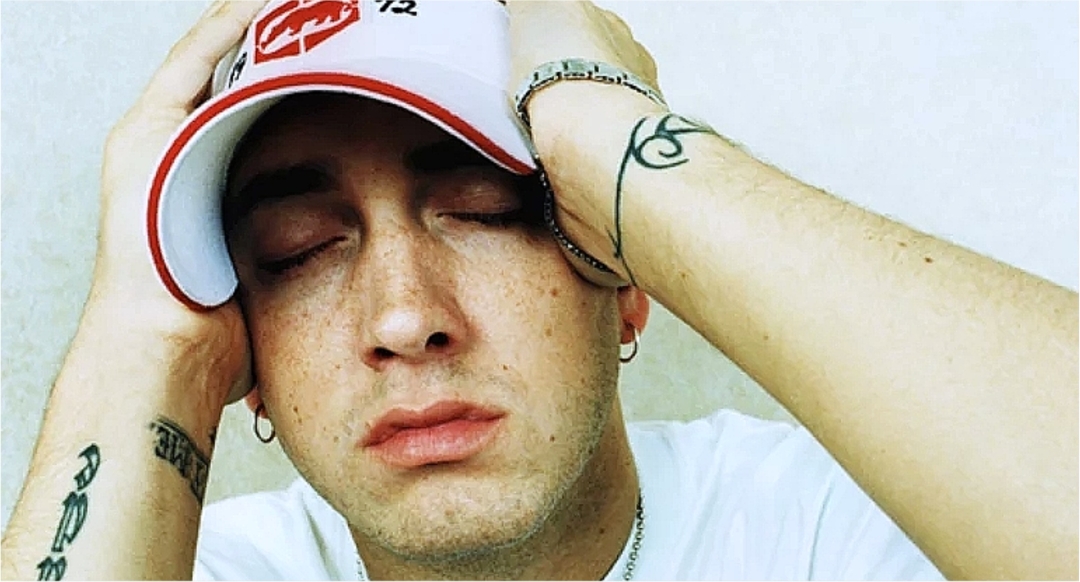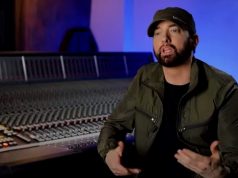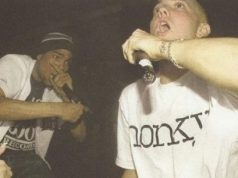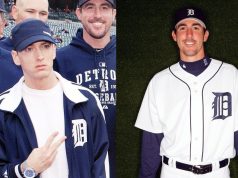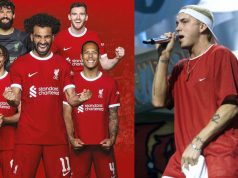The study of rap songs popular between 1998 to 2018 shows that hip hop culture becomes increasingly aware of mental health issues.
Published in JAMA Pediatrics, “A Content Analysis of Mental Health Discourse in Popular Rap Music” provides insides into how the discourse has been changing over the years and what problems are most likely to affect mental health.
Focusing on 25 most popular rap songs in the US in 1998, 2003, 2008, 2013 and 2018, scientists looked at rap sheets of Eminem, Drake, Lil Wayne and more. The researchers analysed 125 songs, looking for references to anxiety, depression, suicide and metaphors suggesting mental health struggles.
These metaphors became one of the difficulties that researches faced as quite often these metaphors were coded either because artists possibly tried to avoid direct notions of mental instability or because of the poetic nature of the genre.
One of the researchers Alex Kresovich, who used to be a music producer before turning to an academic career, explained: “Using metaphors may be a safe way to avoid being judged. For men, especially men of colour, mental health is still stigmatized. Artists are treading lightly and aren’t going to say, “I’m depressed.” But what they will do is describe feelings in a way that others with depression can understand and relate to. It also just may be really hard to rhyme the word ‘depression’ in a song”.
This is exactly what Royce da 5’9” fights against and that is why he recently launched a foundation that aims at normalising the healthy conversation about mental struggles in the community and providing help to those who need it most.
Meanwhile, the study shows that attention to mental health grows rapidly in hip hop. Among all analysed songs, 28% referenced anxiety, 22% referenced depression and 6% referenced suicide. References to depression increased twofold from 1998 to 1998, from 16% to 32%, mental health metaphors shot from 8% to 44%.
The main problems that lead to references to mental health are identified as issues with authorities, environmental conditions, work, and love life.
The researchers do not offer a silver bullet to fight back stress and anxiety but suggest that the very fact that mental health issues are being discussed by role models and popular MCs helps de-stigmatise the issue among the audience, especially among the black young male population that represents a significant part of hip hop following.
It is easy to trace the change, discussed in this article, just by analysing Eminem music. His evolution from a fearless rebel attacking the pillars of society to a man broken by the pressure of fame and loss to am an artist who has built himself back through honesty and resilience.
It was first noticed by psychologists back in 2010 when Marshall released his “Recovery”. As one of the authors said back then in Psychology Today:
Eminem is taking ownership of his life. He accurately reflects on personality flaws (an inconsistent father figure), confesses professional hiccups (critiques his previous album), and describes an orientation toward others and his life that is characterized by renewed vigor and honesty. In short, his introspection is insightful, and the world he is reconstructing for himself (for others to see and model) hints at a healthier lifestyle.
Since then every Eminem’s album is a textbook of honest self-reflection, including his most recent “Music To Be Murdered By”:


